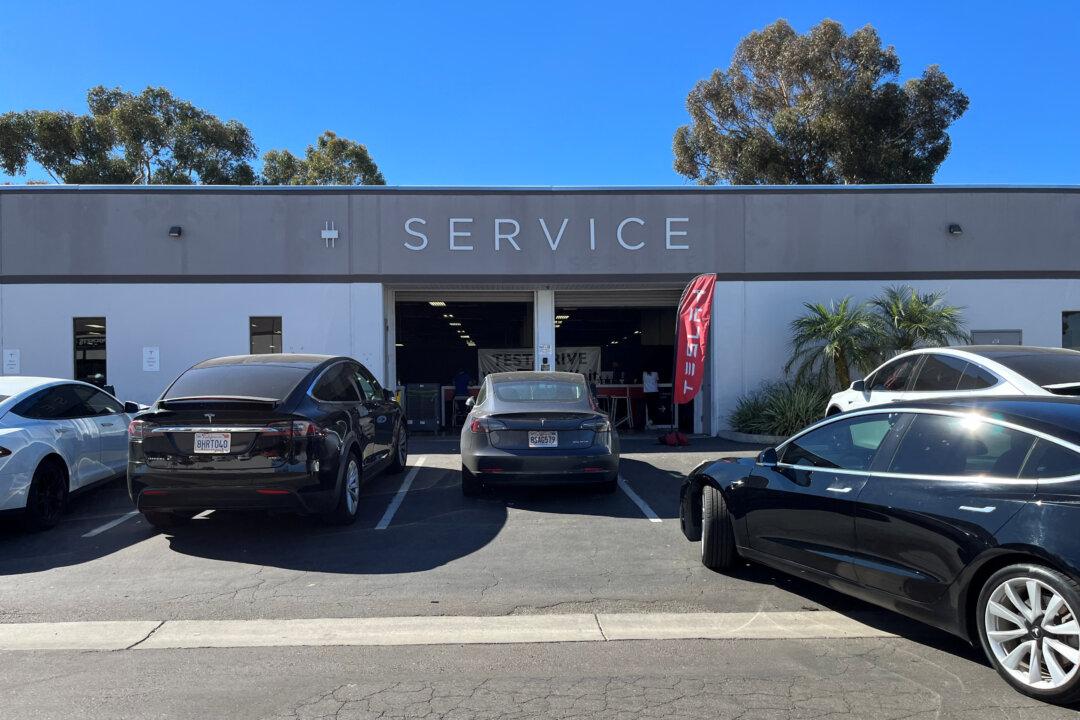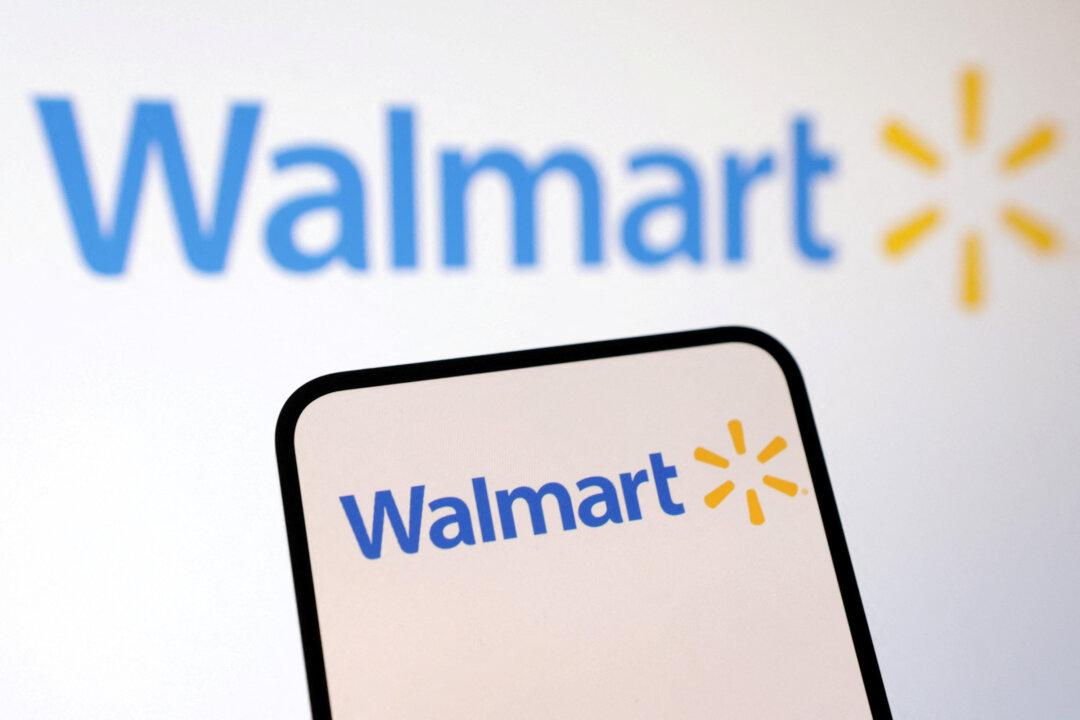MELBOURNE/SYDNEY—Chinese telecommunications equipment maker Huawei Technologies Co Ltd is the biggest corporate sponsor of overseas travel for Australian politicians, according to an analysis of travel disclosure registers by an Australian think-tank.
The report comes as several politicians have called for Huawei to be banned from participating in a roll-out of Australia’s 5G next-generation communications network, amid fears the company is effectively controlled by the Chinese government.
It also lands amid a low in Sino-Australian relations and intense concern at the Chinese Communist Party (CCP) influence in Australian politics.
Australia is preparing to pass laws designed to limit CCP’s influence in domestic affairs following criticism by Australian Prime Minister Malcolm Turnbull that Beijing was interfering.
The research from the Australian Strategic Policy Institute (ASPI) found Huawei paid for 12 trips by Australian federal politicians to the company’s headquarters in Shenzhen, including business class flights, local travel, accommodation, and meals, between 2010 and this year, based on politicians’ disclosures.
Politicians who took those trips include Foreign Minister Julie Bishop, Trade Minister Steve Ciobo, and former Trade Minister Andrew Robb.
Huawei accounted for 12 out of 55 corporate-sponsored trips by federal politicians, the ASPI research found.
Iron ore miner Fortescue Metals Group was the second-largest corporate sponsor, paying for five trips, according to the research, while the biggest non-corporate sponsor was the Australia/Israel and Jewish Affairs Council which paid for 44 trips.
Huawei, which denies it is controlled by the CCP, is the world’s largest maker of telecommunications network equipment and the No. 3 smartphone supplier. It has already been virtually shut out of the giant U.S. market because of national security concerns.
Huawei’s Australian spokesman, Jeremy Mitchell, said the company was not doing anything improper.
“We openly invite media, business, think tanks and politicians to visit us and understand us better,” Mitchell told the Australian Broadcasting Corp (ABC), which first reported the story.
Three of the politicians who travelled on a Huawei-sponsored trip told the ABC the trips were all-expenses paid study tours to see China’s technological growth.
Australian security agencies and Huawei have clashed over worries that the firm’s links to CCP make its hardware a data security risk.
It was blocked on security grounds from supplying equipment to Australia’s new broadband network and Australia this month promised hundreds of millions of dollars to ensure Huawei did not build an internet cable between Australia and the Solomon Islands.





